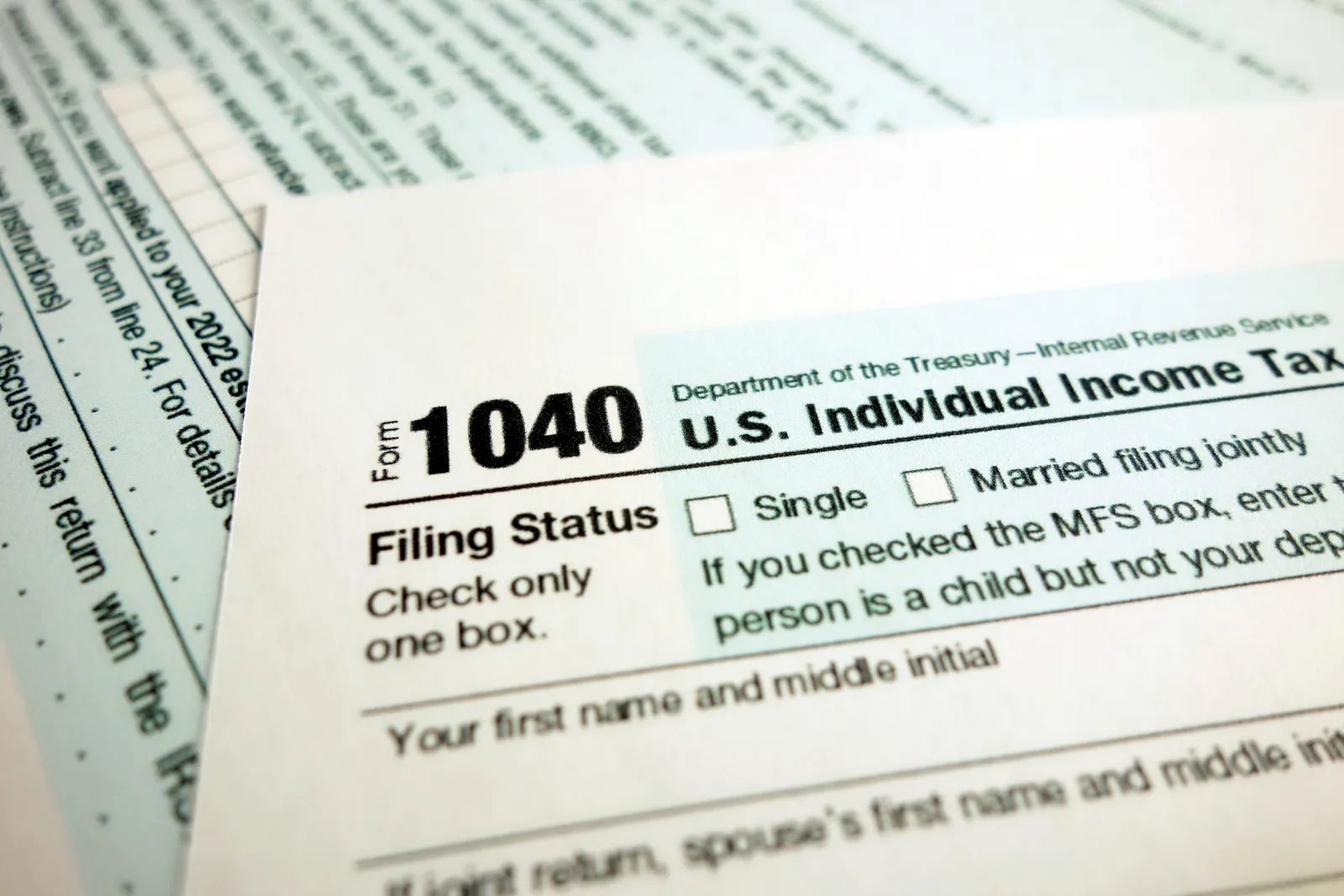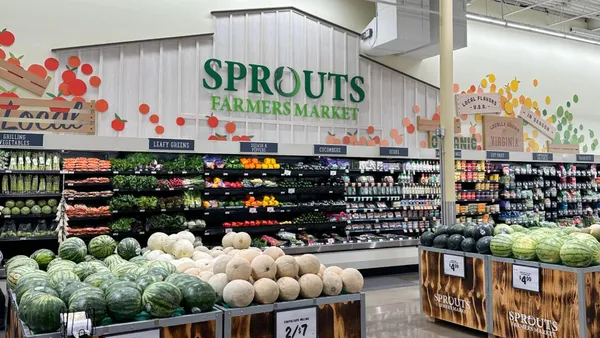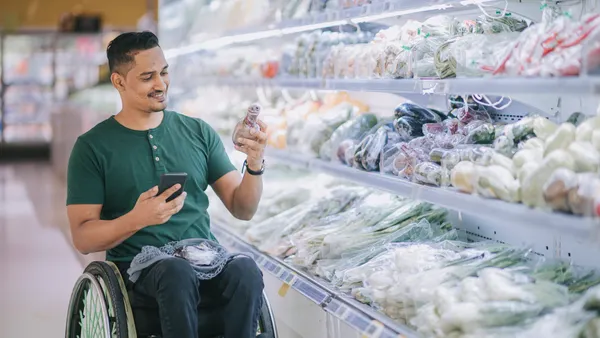Of the 13 states that tax grocery purchases, more than half have efforts underway aimed at eliminating or reducing those taxes.
Kansas, which is currently phasing out its grocery tax, dropped the tax rate to 4% at the start of this year from the previous 6.5% rate. Its grocery tax rate will continue to drop each year until it is eliminated by 2025. Meanwhile, Virginia’s partial repeal of its grocery tax took effect at the start of this year.
Proposals have been advancing this year in Oklahoma, Hawai'i, Missouri, Utah and Alabama to cut those states’ taxes on groceries. In some states, such as Oklahoma and Kansas, calls to eliminate the state grocery taxes have drawn bipartisan support.
A grocery tax repeal bill died earlier this month in South Dakota’s current legislative session, but the state’s Attorney General Marty Jackley has reportedly taken the initial steps toward ballot initiatives in 2024 aimed at prohibiting state taxation on food.
Opposition to grocery taxes has largely rested on the arguments that they burden consumers’ spending power.
“Grocery taxes are fundamentally bad public policy because they disproportionately impact lower-income families,” said Andy Harig, vice president of tax, trade, sustainability and policy development for the Food Industry Association (FMI).
At 7%, Mississippi has one of the highest sales taxes applied to groceries.
Harig stressed that fairness should factor into decisions with grocery taxes: “The less a family makes, the higher percentage of their income is spent on food, which makes the tax one of the most regressive ones on the books.”
But the taxes can also hurt grocers.
“Particularly in inflationary environments when product costs are also increasing, taxes make it more difficult for consumers to focus on other retail differentiation strategies, such as selection and service-related efforts,” Harig said.
While Harig said that FMI hasn’t done specific research into the impact of broad state grocery taxes, the trade group has found through its experience with similar issues, including soda taxes, that shoppers will cross state lines to seek savings, noting factors like travel distance and the difference in tax rates between districts can influence those decisions.
That “exodus is real” as consumers seek lower costs of groceries, Jon McCormick, president and CEO of the Retail Grocers Association of Kansas and Missouri, said in written testimony regarding a Kansas bill that would have reduced the state’s sales tax on food but died in committee last May.
“The retailers that are within a reasonable drive to another State’s supermarket are at a distinct disadvantage when it comes to increasing the cost of groceries of Kansas residents,” McCormick wrote, noting that people could go to neighboring Missouri and Oklahoma for lower grocery taxes or to Nebraska or Colorado for no food taxes at all.
Former Republican State Rep. Dave Baker in Kansas, who used to own a grocery store and has supported efforts to do away with the state’s grocery tax, said last year that supermarkets are having trouble competing with senior centers and schools that benefit from subsidized food programs, the Kansas Reflector reported.
But grocery taxes in the states that have them have endured largely because of the financial benefits they provide to governments. The Idaho Center for Fiscal Policy has said that grocery taxes can provide the benefit of relatively predictable revenue amid economic ebbs and flows, as well as make state budgeting more reliable and also bring in revenue from out-of-state visitors.
Harig noted that these taxes tend to go into the state’s general treasury or get earmarked for specific state programs. Grocers don’t reap monetary gains from grocery taxes. In fact, food retailers can face additional expenses associated with these taxes due to data collection, recordkeeping and transmission of funds involved, Harig said.
However, since grocery stores carry non-food items that are subject to different sales tax rates, these costs would remain even when grocery taxes are eliminated, Harig said.

Alternative measures
Politicians in a handful of states have sought other ways to help consumers deal with their grocery taxes.
In Alabama, House Minority Leader Anthony Daniels (D), who supports cutting the state’s grocery tax, has suggested a tax holiday for a few months to give legislators time to assess that tax, Yellow Hammer reported.
Other states have paused their grocery taxes. Effective last July, Illinois is suspending its 1% grocery tax through June 30 — a move the state’s governor has said will result in $400 million in consumer savings. Tennessee paused its grocery tax for 30 days last August, and Gov. Bill Lee suggested last month another tax holiday in the future.
A poll of 821 Mississippians conducted at the start of this year by Mississippi Today and Siena College found that 68% favor suspending the grocery tax — 13 percentage points higher than those who want state personal income tax eliminated.
Idaho is one of several states to offset its grocery taxes with a tax credit. Last March, Idaho Gov. Brad Little signed into law a $20 increase to the tax credit, raising the amounts to $120 per person under age 65 and to $140 for people ages 65 and older for food purchased starting in 2023.
While the state doesn’t have an income ceiling on its grocery tax credit, people who have received SNAP benefits in the same month they are seeking the credit, were formerly incarcerated or are living in the U.S. without legal permission aren’t eligible.
Hawai’i and Oklahoma, meanwhile, have grocery tax credits aimed at low-income taxpayers.
Harig said that there’s disagreement on whether credits impact consumer behavior and, if so, how.
“Generally speaking, the simplest and most efficient system is simply not having the taxes in place to begin with,” Harig said.












